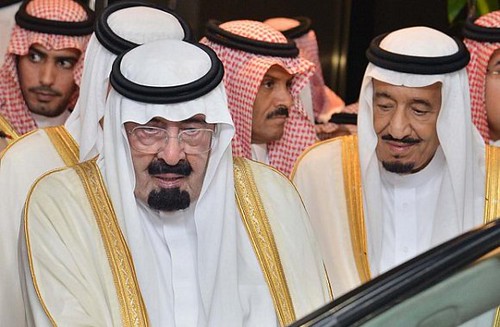
LONDON – Ever since the Al Saud clan established in 1932 the Kingdom to which they gave their name, the exercise of power in Saudi Arabia has been shaped by the intrigues and intricacies of royal politics. But never before has this internal struggle had such far-reaching ramifications for the region and beyond as it does now.
With some 22,000 members, competition is rife within the world’s largest ruling family – a dynamic set in motion by the Kingdom’s founder, Abdul Aziz Al Saud, as he sought to secure the role of his 43 sons as future rulers, and sustained by King Abdullah’s succession strategy today.




